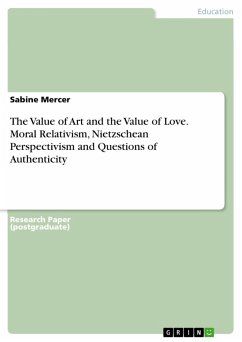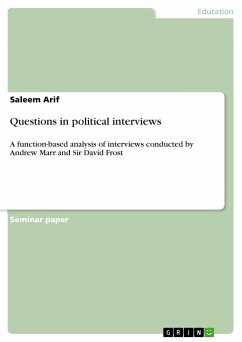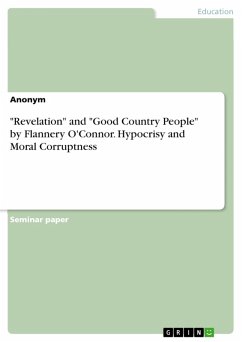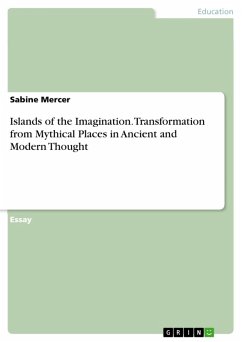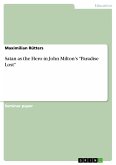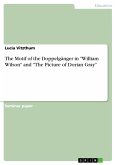Research Paper (postgraduate) from the year 2006 in the subject Didactics for the subject English - Literature, Works, grade: 1.5, James Cook University, course: Honours, language: English, abstract: Set in the art world of the early nineteen-eighties, the elements 'Theft' and 'Love' abound in a turbulent adventure of pretence and deceit, deftly written in a genre-mix of crime story, romance, fictional Künstlerroman and fictional memoir, with traces of biographical data from the author. This essay examines Peter Carey's novel Theft: A Love Story from the aspect of a particular depiction of 'Truth and Lies in a Postmodern Sense', which I intend as a pun on Nietzsche's essay 'On Truth and Lies in a Nonmoral Sense'. Moreover, I seek to apply Nietzsche's epistemic thesis of perspectivism, according to which any act of understanding depends on the dispositions and biases built into the perspective out of which it was made. Perspectivism is a useful theory that can be applied to examine the motivation of many characters in Theft. The novel is preoccupied with dishonest dealings in which the concept of theft pervades throughout and even intrudes into the world of private relationships; it shows morals being no longer conditioned by any commonly held universal truths, such as 'good or bad', 'right or wrong'. Instead, all moral categorical imperatives have lost their absolute meaning and are shown to have been subsumed under various relative points of view, a subjective preference of each individual - features that seem to have become characteristic of postmodern society. The main characters in the novel exhibit a moral relativism that goes against the Kantian maxim that each person should be treated as an end, never as a mere means to our ends. Moral relativism and the perspective of a wounded ego of a divorcee might even show to be the author's emotional dilemma with which he faces his own ethical problem in the book: there frequently emerge difficulties for readers not only in deciding which characters are actually fictional, but also how many autobiographical references can be detected, if the reader assumes that the protagonist with his bitterness for his ex-wife might be set up as an alter-ego figure.
Dieser Download kann aus rechtlichen Gründen nur mit Rechnungsadresse in A, B, BG, CY, CZ, D, DK, EW, E, FIN, F, GR, HR, H, IRL, I, LT, L, LR, M, NL, PL, P, R, S, SLO, SK ausgeliefert werden.
Hinweis: Dieser Artikel kann nur an eine deutsche Lieferadresse ausgeliefert werden.

